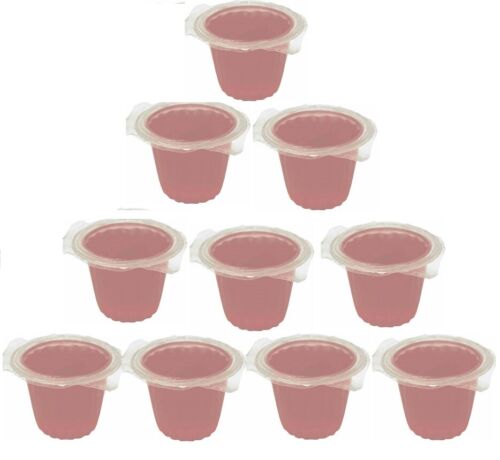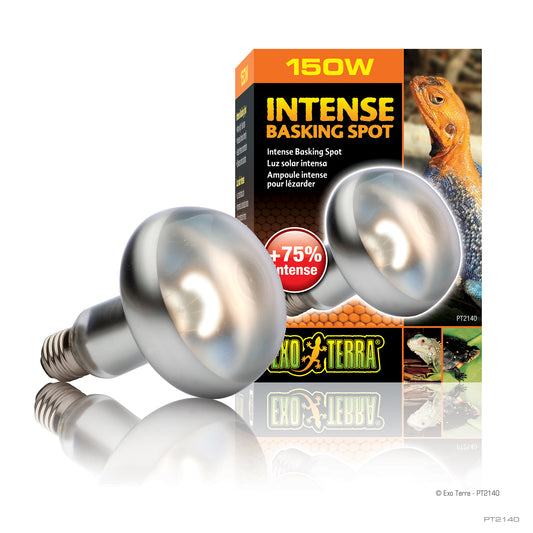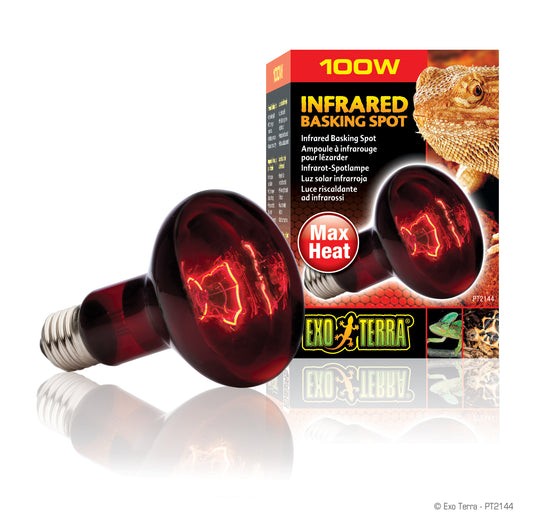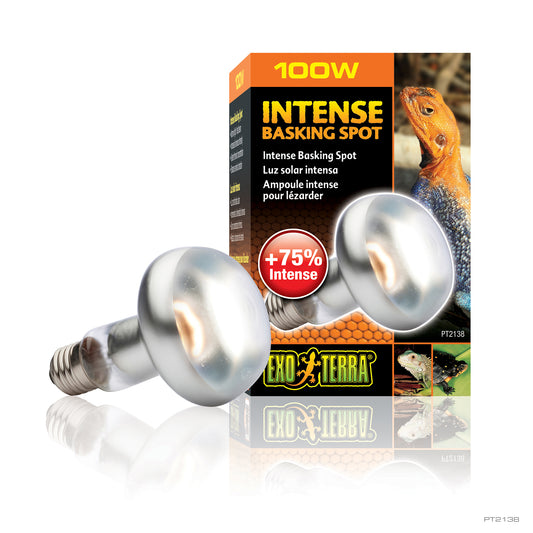
Ball pythons (Python regius) are captivating snakes that have gained popularity as pets due to their manageable size, docile nature, and striking appearance. If you're considering a ball python as a pet, this article will provide you with a general overview of their characteristics and care requirements.
General Description: Ball pythons are non-venomous constrictor snakes native to sub-Saharan Africa. They are known for their unique defensive behavior of curling into a tight ball when threatened, hence their name. They have a robust body and a relatively small head, with patterns varying from brown and black to lighter shades of yellow or white.
 Life Span: In captivity, ball pythons can live for 20 to 30 years or more with proper care. Providing a suitable environment, a balanced diet, and regular veterinary check-ups can contribute to their longevity.
Life Span: In captivity, ball pythons can live for 20 to 30 years or more with proper care. Providing a suitable environment, a balanced diet, and regular veterinary check-ups can contribute to their longevity.
Natural Habitat: Ball pythons are found in the grasslands, savannas, and forests of West and Central Africa. They are primarily ground-dwelling snakes but can occasionally be found climbing trees or hiding in burrows.
Average Size: When fully grown, ball pythons typically reach an average length of 3 to 5 feet (91 to 152 cm). Females are generally larger and thicker than males. Their manageable size makes them suitable for reptile enthusiasts with limited space.
Enclosure Size: A suitable enclosure for a ball python should allow for adequate movement and provide security. A 20-gallon tank is appropriate for hatchlings, but as they grow, they will require larger enclosures. A 40-gallon tank or equivalent-sized enclosure is typically sufficient for an adult ball python. Ensure the enclosure has a secure lid to prevent escapes.
Temperature Requirements: Ball pythons are ectothermic, meaning they rely on external heat sources to regulate their body temperature. Provide a temperature gradient within the enclosure, allowing them to thermoregulate. The warm side of the enclosure should be maintained at around 88-92°F (31-33°C), while the cool side should be around 78-80°F (25-27°C). Heat sources such as heat mats or ceramic heat emitters can be used in conjunction with thermostats to ensure proper temperature regulation.
Humidity Requirements: Ball pythons require moderate humidity levels, typically ranging from 50% to 60%. Maintain humidity by providing a humidity box or adding a water bowl large enough for the snake to soak in. Regularly monitor and adjust humidity levels to ensure proper shedding and respiratory health.
Substrate and Bedding: Several substrate options can be used for ball pythons, including aspen bedding, cypress mulch, or reptile-safe coconut husk. Avoid using substrates that can be ingested and cause digestive issues. The substrate should be spot-cleaned regularly, and a complete change should be done periodically to maintain hygiene.
Toxic Substances: It's crucial to keep ball pythons away from toxic substances. Avoid using cleaning products or chemicals near their enclosure. Some common household items, such as cedar or pine shavings, can be toxic to snakes and should be avoided as substrates.
Also avoid essential oils or aerosol sprays/household cleaners containing chemicals and harsh scents. Candles and scented candles or wax melts should be avoided.
Fun Facts:
- Ball pythons get their name from their defensive behavior of curling into a tight ball, tucking their head inside the coils when threatened.
- They are known for their ability to survive in a wide range of habitats, from dry grasslands to humid forests.
- Ball pythons have specialized heat-sensing pits located on their upper lips, which allow them to detect warm-blooded prey even in darkness.
- These snakes have a reputation for being relatively calm and docile, making them popular among reptile enthusiasts and beginners alike.
Remember, each ball python is an individual with unique preferences and needs. It's important to observe and interact with your snake to better understand its behavior and provide appropriate care. By creating a suitable enclosure, maintaining proper temperature and humidity levels, and providing a balanced diet, you can ensure the health and well-being of your ball python companion.
https://theurbanzoo.myshopify.com/products/reptile-pythons






